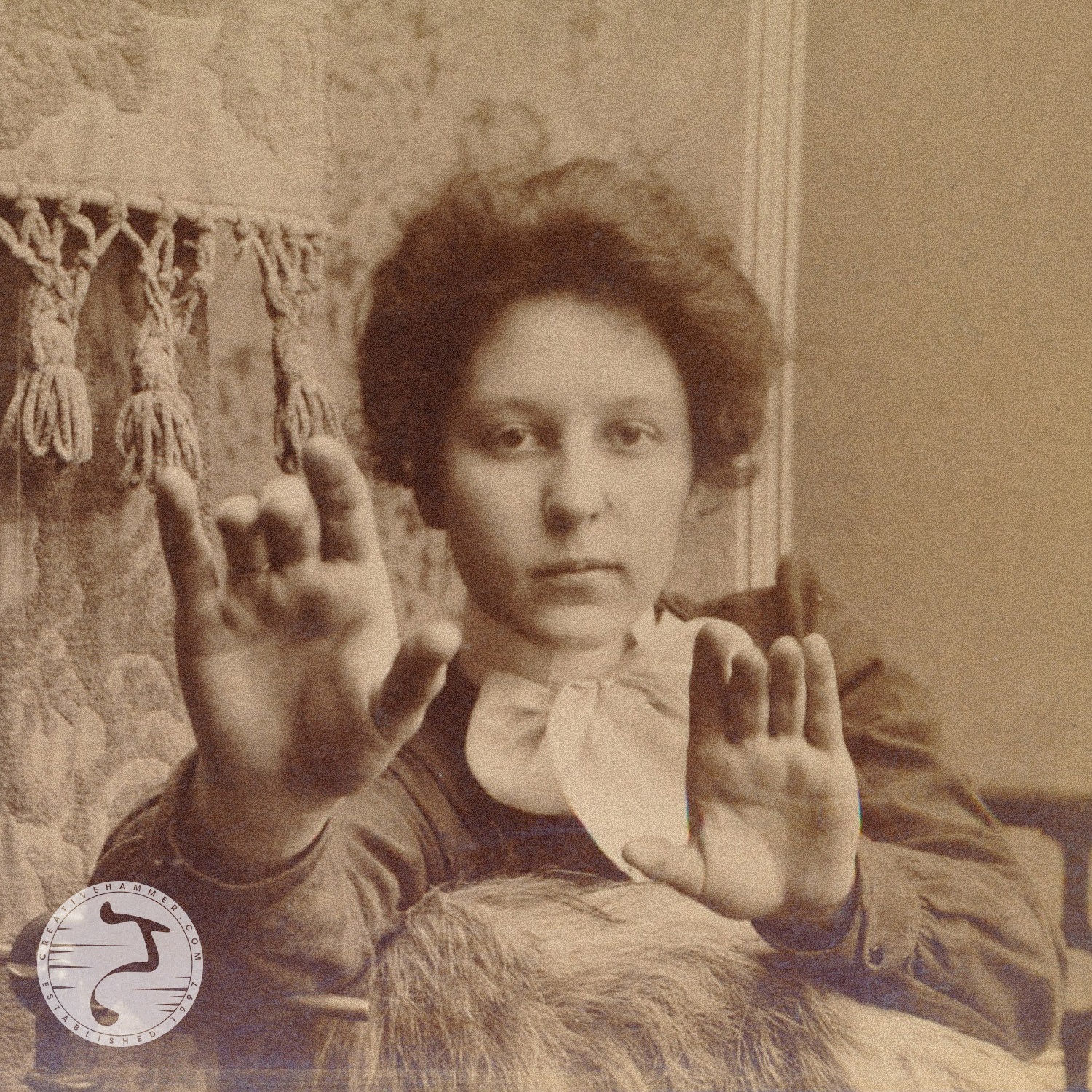Sweet oblivion
According to the Associated Press, the term “conspiracy theory” first appeared in print over 100 years before the CIA used it as a blanket dismissal of anyone who questioned the conclusions of the Warren Commission. Provenance aside, however, it seems clear to me that our shapers of public opinion have adopted the term as a kind of broad-spectrum herbicide to be applied to any unsanctioned idea that rears its ugly head in the garden.
From the Gulf of Tonkin to the Tuskegee Experiment to Operation Mockingbird, from the executions of Fred Hampton, JFK and MLK to the still inadequately explained collapse of the Twin Towers, there has always been on one side that which people who’ve “got their minds right” defend as fact, and on the other that which “conspiracy theorists” decry as illusion. Which camp a person falls into, I believe, depends to a great extent on that person’s tolerance for uncertainty.
After all, if “protect and serve” isn’t the guiding principle of those to whom we’ve given the power of life and death among us, and wellness isn’t prioritized over profits by our healthcare industry; if mainstream media isn’t speaking truth to power, or in many cases to anyone at all, and our military’s ultimate objective isn’t peace, what then?
In other words, what if the “conspiracy theorists” are more right than wrong?
(sound of gentle heads exploding)
We apply the “conspiracy theory” label to theories of cooperative effort that are inconsistent with the worldview we’ve adopted. Such theories generally flout consensus, and so we avoid them, sometimes derisively, even violently, because they can be painful to consider in the light of our core beliefs. Which is only natural. Burdened as we are with the machinery of living, often to the very limit of our abilities, is it any wonder that, when offered a spoonful of sweet oblivion, most of us decline to make the medicine go down with a spoonful of emetic instead?
